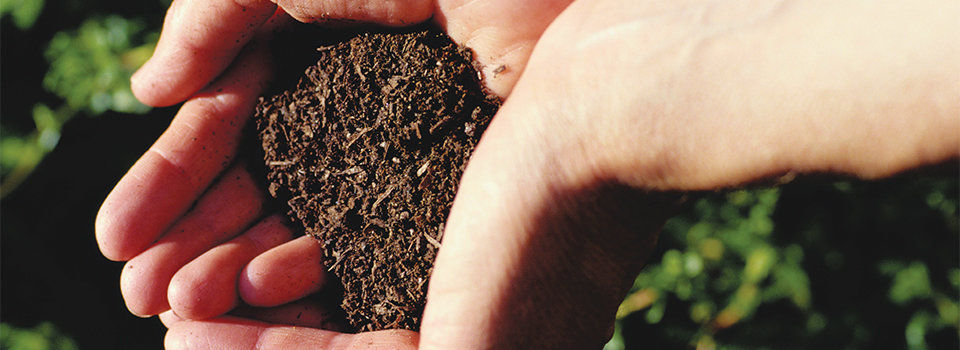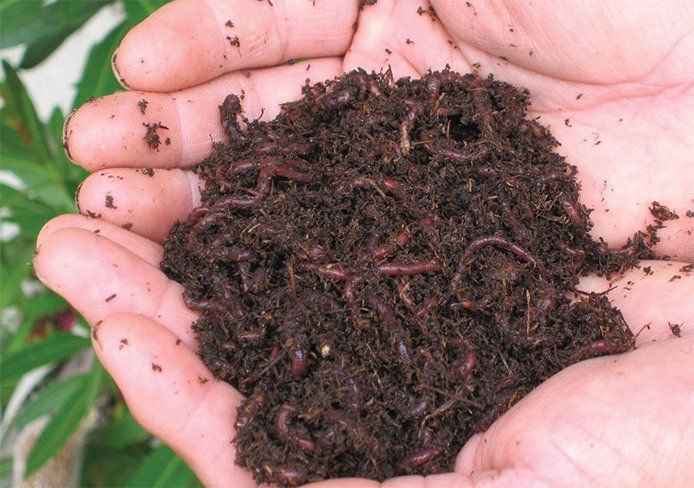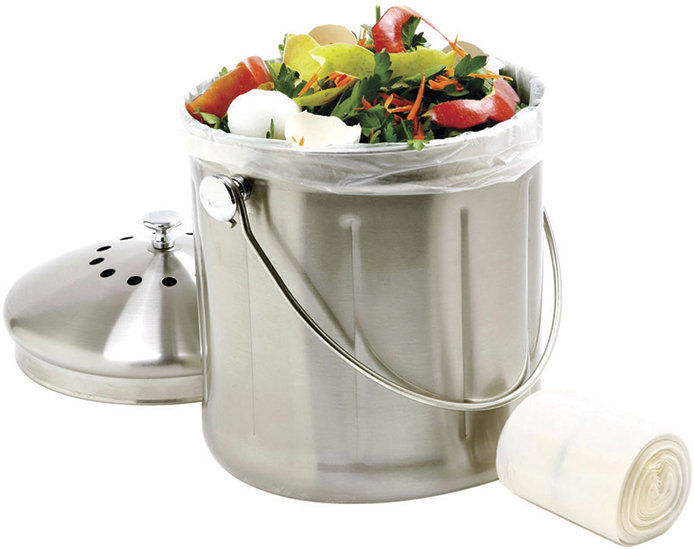What Can I Put in my Compost Pile?
What to Compost:
| What Not to Compost:
|

Composting is nature’s own waste management process that allows you to recycle your food scraps and yard waste back into the ecosystem. Your food scraps and yard waste decompose through the process of composting and turn into a nutrient-rich, organic matter called compost. Composting helps to eliminate waste in our landfills, boosts your soil's fertility, and helps your plants flourish!
You may be wondering if you can make compost. The answer is of course! There are so many ways to start composting at home! You can opt for an outdoor compost pile or bin or an indoor compost.

If you’re looking to be more environmentally friendly, composting at home is great way to start! There are many environmental benefits of compositing.

The first step of the process is choosing your container. Do you have space outside for an outdoor compost pile or bin? Do you want to buy a compost bin or build one?
Doitbest.com offers a variety of outdoor compost bins, but you can also find a variety of kitchen compost bins that have tight fitting lids with handles, adequate storage, look nice, and are washable. After all, this is important because composting starts in the kitchen. Once your indoor compost bin is full, it’s taken to your outdoor compost pile or bin where it will decompose over the course of time creating a dark, crumbly “Black Gold”.
What to Compost:
| What Not to Compost:
|
Carbon is also known as brown material which refers to paper, dry leaves, saw dust, straw, and twigs.
Nitrogen is also known as green material which refers to your kitchen scraps, mostly made up of left over fruits and vegetables. Grass clippings and farm animal manure can also be used as green material.
Water is an essential part of breaking down the organic materials. If you have too much water, the good bacteria will wash away and if it’s too dry it will not break down quick enough. If you can pick up your compost and squeeze a few drips of water out of it, your moisture levels are good. Be sure this is true for the bottom and center of your compost as well, not just the top layer.
As you can see, there are several compost bins with a tumbling mechanism. Turning your compost regularly is very important. This allows oxygen to help break up the materials.
Compost can take as little as four weeks to a year to become the rich, brown, dry matter you can add to your garden beds and landscaping. It's best to add compost to your soil or lawn during the spring time when your plants and grass are still growing.
Composting is easy to do and good for the environment. Start composting at home today!